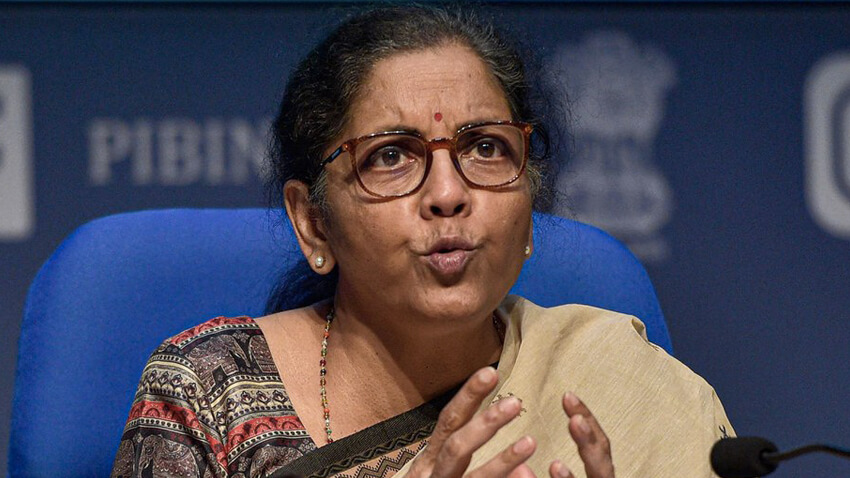The government and the RBI are exploring the possibility of restructuring loans amid fears of defaults once the moratorium ends this month, finance minister Nirmal Sitharaman said at a Ficci meet on Friday.
“The focus is on restructuring. The finance ministry is actively engaged with the RBI on this. In principle, the idea that there may be a restructuring required is well taken,” Sitharaman said.
The minister warned banks over the alleged resistance to offer loans to MSMEs under the emergency credit guarantee scheme.
She said the decision to reduce GST rates on healthcare and other products will be taken by the GST Council.
The finance ministry is working with the RBI on the demand of the hospitality sector to extend the moratorium or restructure loans. “I fully understand the requirements of the hospitality sector on extension of the moratorium, or restructuring. We are working with the RBI on this,” Sitharaman said.
The Reserve Bank had announced a three-month loan moratorium in March, which was later extended by another three months till August 31.
Borrowers opting for the moratorium can defer the payment of the interest and principal component of the loan during this period.
Sitharaman said every step which the government took has been done after exhaustive consultations with the stakeholders and within the government.
“We have taken these steps to ensure that the impact is felt on the ground,” she said.
Many bankers, including HDFC chairman Deepak Parekh, have opposed an extension of the moratorium even as industry has demanded a one-time restructuring plan.
Former RBI deputy governor N. S. Vishwanathan — who was an architect of the resolution process at the RBI — told a television channel that any restructuring plan should be restricted and subject to tough conditionalities. “It cannot be a blanket restructuring plan,” the former DG said.
The RBI in its financial stability report released last week said its stress tests had shown gross NPAs (non-performing assets) may rise to 12.5 per cent of assets in the base case scenario by the end of this fiscal against 8.5 per cent on March 31, 2020. In the worse case, NPAs may spike to 14.7 per cent by the end of the year.
“Even the borderline companies that could have serviced their loans went for the moratorium owing to the uncertainty of future cash-flows, but this shows that such loans can be considered vulnerable to differing degrees,” Madan Sabnavis, chief economist, Care Ratings, said.
Sitharaman said the finance ministry is working on setting up of a development finance institution (DFI) for infrastructure financing. “The work is going on. What shape it will take, we will know shortly,” she said.










